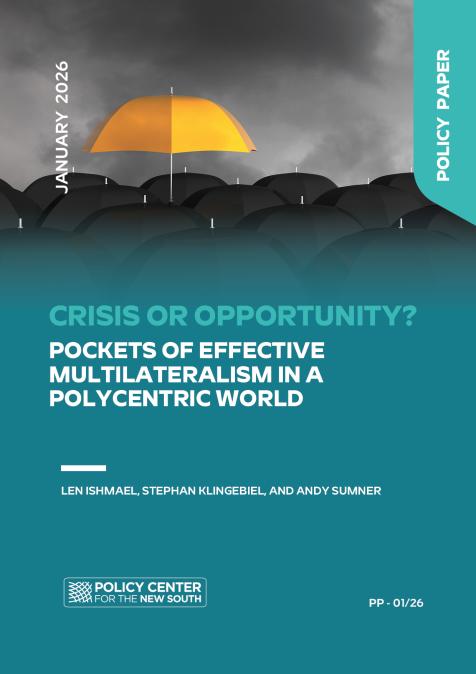Podcasts
Between Globalization and Non-Globalization: Is there a reverse?
08
December
2023
Related topics:
In this podcast, Ms.Sarah Burke, Senior Policy Analyst at the Friedrich Ebert Stiftung Foundation in New York, highlights the escalating and unpredictable risks associated with geopolitical decisions. In her analysis, she underscores the far-reaching implications these decisions carry for global prosperity and the imperative for enhanced international policy cooperation. Ms. Burke also discusses the pressing need to navigate the evolving geopolitical landscape with strategic foresight and collaboration.










